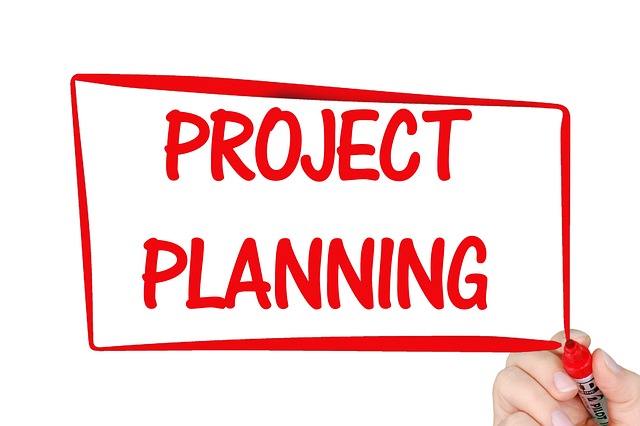TL;DR:
Planning successful Event Planning for Local Businesses requires setting clear objectives like fostering partnerships or increasing visibility that guide every decision from venue to promotion. Understanding target demographics and interests through research ensures high attendance and engagement, with tailored activities facilitating meaningful connections and skill development. Well-defined goals enhance event impact and appeal, fostering local business community growth through memorable experiences.
Networking events are a powerful tool for local businesses to connect, grow, and thrive. Efficient planning is key to ensuring these gatherings facilitate meaningful interactions and achieve set objectives. This article guides you through optimizing every aspect of your next networking event, from defining clear goals and identifying the right audience to strategic promotion, engaging facilitation, and effective follow-up. Learn how to turn your event into a dynamic platform for local businesses to foster partnerships and drive growth.
- Setting Clear Objectives
- – Defining goals for the event
- – Identifying target audience and their needs
Setting Clear Objectives

When planning networking events for local businesses, setting clear objectives is paramount. Define the primary goals of the event; is it to foster new partnerships, promote a specific service, or gather insights into industry trends? Having well-defined objectives ensures every aspect of the event—from venue selection to promotional strategies—aligns with these targets. This strategic approach maximizes engagement and ROI for all participating local businesses.
For event planning, consider these objectives as a compass that guides decision-making. For instance, if promoting new partnerships is key, design interactive sessions that encourage collaboration. If industry insights are the focus, invite influential speakers to share their expertise. Clear objectives not only make the event more impactful but also enhance its appeal for attendees, ensuring a successful gathering that benefits local businesses.
– Defining goals for the event

When planning a networking event for local businesses, defining clear goals is the cornerstone of successful event planning. Start by identifying the primary objectives. Is it to foster new business partnerships, increase industry visibility, or facilitate knowledge sharing? Setting specific and measurable goals will guide every decision from venue selection to promotional strategies. For instance, a goal could be “to connect at least 30 local entrepreneurs and secure three potential collaborative projects.”
This strategic approach ensures the event aligns with the interests of both attendees and sponsors, making it more engaging and productive. With well-defined goals, you can tailor activities, workshops, or icebreaker sessions to encourage meaningful interactions. Event Planning for Local Businesses isn’t just about filling a room; it’s about creating opportunities that resonate with participants, leaving a lasting impression and fostering growth within the local business community.
– Identifying target audience and their needs

When planning networking events for local businesses, understanding your target audience is paramount. Event organizers should conduct thorough research to identify the specific needs and interests of the local business community. This involves gauging the demographics, industries, and common challenges faced by local entrepreneurs and business owners. By tailoring the event to address these needs, planners can ensure higher attendance and engagement. For instance, a tech-focused networking event might offer workshops on digital marketing strategies relevant to small businesses, catering to their desire for practical knowledge and skills enhancement.
For efficient planning, consider creating surveys or reaching out to local business associations to gather insights. This process allows for the creation of an event that not only attracts but also provides genuine value to attendees, fostering a productive environment conducive to meaningful connections and potential collaborations among local businesses.
Efficient networking events require careful planning, beginning with setting clear objectives. By defining specific goals and identifying your target audience’s needs, you can create an event that fosters meaningful connections between local businesses. This strategic approach ensures your time and resources are maximized, leaving a lasting impact on both attendees and the broader business community.
